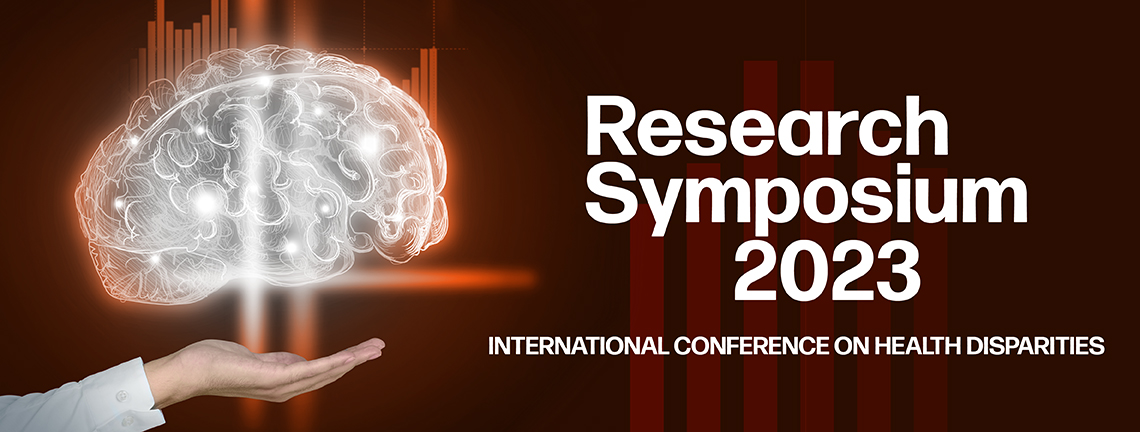
Talks
Presentation Type
Oral Presentation
Discipline Track
Community/Public Health
Abstract Type
Program Abstract
Abstract
Bipolar disorder is a chronic and complex psychiatric condition characterized by alternating episodes of mania and depression. The suffering person’s quality of life, behaviour, and mood are all deeply impacted. Although drinking alcohol is a typical practise among those who have bipolar disorder, little is known about how it affects the illness. The objective of this paper is to give an overview of how alcohol affects bipolar disorder. Alcohol is a central nervous system depressant that can cause mood fluctuations and make bipolar disorder symptoms stronger. Alcohol may at first give off an instantaneous sensation of excitement, but over time, it can disturb the sensitive equilibrium of neurotransmitters in the brain, making times of depression stronger. Alcohol use may increase manic episodes, which can result in impulsive behaviors and poor judgment. Heavy or frequent alcohol consumption increases the chance of treatment non-adherence, drug interactions, and poor treatment outcomes in people with bipolar disorder. Additionally, the clinical appearance of both bipolar disorder and alcohol use disorder can be complicated and made more severe by their co-occurrence. Studies have highlighted the importance of considering the unique challenges faced by individuals with bipolar disorder in managing their alcohol consumption. Results from integrated therapies that simultaneously treat both illnesses, including psychotherapy and medication, are encouraging. Positive treatment outcomes can be promoted by supportive therapies such as psychological instruction, behavioral therapy, and inspirational interviewing. Drinking alcohol negatively impacts those with bipolar disorder, worsening mood symptoms and reducing overall efficiency. In order to supply complete and successful treatment, healthcare professionals must be knowledgeable of the complex connections between alcohol use and bipolar disorder. To overcome this dual problem, further research is required to study the fundamental processes and develop targeted therapies.
Recommended Citation
Seni, Kushal and Chawla, Pooja A., "Alcohol worsens bipolar disorder: Fact or myth?" (2024). Research Symposium. 11.
https://scholarworks.utrgv.edu/somrs/2023/talks/11
Included in
Alcohol worsens bipolar disorder: Fact or myth?
Bipolar disorder is a chronic and complex psychiatric condition characterized by alternating episodes of mania and depression. The suffering person’s quality of life, behaviour, and mood are all deeply impacted. Although drinking alcohol is a typical practise among those who have bipolar disorder, little is known about how it affects the illness. The objective of this paper is to give an overview of how alcohol affects bipolar disorder. Alcohol is a central nervous system depressant that can cause mood fluctuations and make bipolar disorder symptoms stronger. Alcohol may at first give off an instantaneous sensation of excitement, but over time, it can disturb the sensitive equilibrium of neurotransmitters in the brain, making times of depression stronger. Alcohol use may increase manic episodes, which can result in impulsive behaviors and poor judgment. Heavy or frequent alcohol consumption increases the chance of treatment non-adherence, drug interactions, and poor treatment outcomes in people with bipolar disorder. Additionally, the clinical appearance of both bipolar disorder and alcohol use disorder can be complicated and made more severe by their co-occurrence. Studies have highlighted the importance of considering the unique challenges faced by individuals with bipolar disorder in managing their alcohol consumption. Results from integrated therapies that simultaneously treat both illnesses, including psychotherapy and medication, are encouraging. Positive treatment outcomes can be promoted by supportive therapies such as psychological instruction, behavioral therapy, and inspirational interviewing. Drinking alcohol negatively impacts those with bipolar disorder, worsening mood symptoms and reducing overall efficiency. In order to supply complete and successful treatment, healthcare professionals must be knowledgeable of the complex connections between alcohol use and bipolar disorder. To overcome this dual problem, further research is required to study the fundamental processes and develop targeted therapies.

